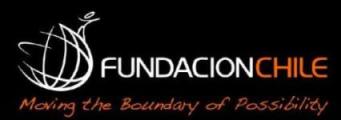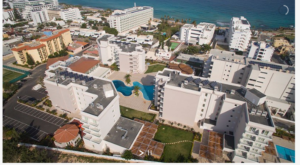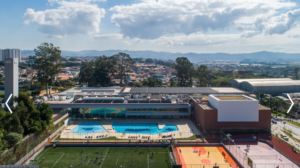“My hope is that Chile innovates in the area of Solar Thermal Applications!”
January 20, 2010
funcation_chile
 Pablo Pastene Peirano is the Solar Energy Programme Director of the Fundación Chile. He is an expert in Chile’s renewable technologies. solarthermalworld.org spoke with him about the solar thermal market in his country and his hopes for the future.
Pablo Pastene Peirano is the Solar Energy Programme Director of the Fundación Chile. He is an expert in Chile’s renewable technologies. solarthermalworld.org spoke with him about the solar thermal market in his country and his hopes for the future.
? You are the Solar Energy Programme Director of the Fundación Chile. What are your foundation’s objectives?
Pablo Pastene Peirano (PPP): Fundación Chile is a privately owned, non-profit organization, founded in 1976 by the Chilean Government and ITT Corporation, an US company specialized in high-technology engineering and manufacturing. BHP Billiton, a global player in the field of natural resources, became one of the co-founders in 2005. We accelerate the country’s growth by stimulating, generating and managing innovations.
? Can solar water heaters have a huge impact in Chile’s renewable energy industry? Have there already been any incentive programmes in your country?
PPP: Unfortunately, there haven’t. There are around 10,000 m2 of collector area installed in Chile to date. The country, however, has a great potential when it comes to developing a viable solar water heating industry. Some projections show 2020 installations to reach an accumulated collector area of 1 million m2. Chile has a significantly high solar radiation, and possesses enough space for solar water heater applications.
Now, there is a new law supporting the installation of domestic hot water systems, which includes a tax rebate for new houses and buildings. This new law number 20365 was published on the 19th of August 2009; it needs a regulation that will be operative approximately in April 2010.
? Should the Chilean government approve further support mechanisms for the solar water heater industry?
PPP: Solar water heaters are systems that have a positive private profitability in Chile. The country has a high solar radiation that should be used by solar applications. The government should support the installation of solar systems for industrial processes, and also for the poorest parts of the population.
? What are the main obstacles for the solar water heater industry in Chile?
PPP: The most difficult obstacle to overcome are the high initial investment costs. Hence, payback periods are too long – here in Chile, around 4 to 8 years. The main problem, however, is that end users don’t know or aren’t aware of the benefits of solar thermal technology.
? Which sectors in Chile possess the largest potential regarding solar water heater installations?
PPP: I think that the largest application sector is the domestic one for houses and buildings. Furthermore, the installation of solar water heaters could also appeal to industries, such as the mining industry, because they are located in areas, in which there is plenty of sunshine. Finally, there is also an opportunity to introduce solar thermal in the food processing industry.
? What are your hopes for the future of the Chilean solar water heater industry?
PPP: My hope is that Chile will innovate in the area of solar thermal applications, developing new technologies for extending the utilisation of solar thermal technology.
More Information:
Fundación Chile
Pablo Pastene P.
Avda. Parque Antonio Rabat Sur 6165 – Vitacura
Santiago de Chile
Tel: 56-2-2400385
http://www.fundacionchile.cl
Interview was conducted by Hanna Schober based in South Africa. Schober@solrico.com


